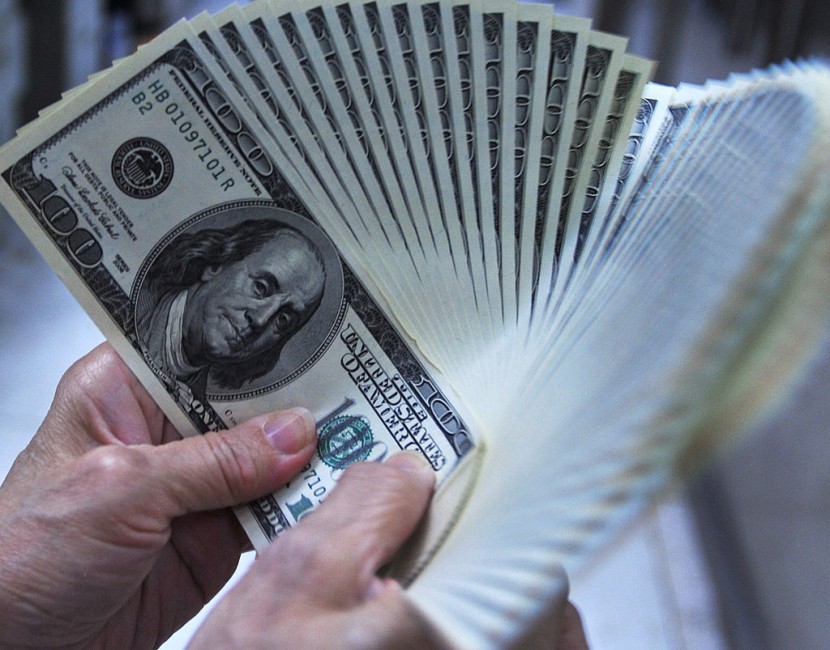
The Colorado Cashback Plan, announced by Gov. Jared Polis on Monday, will provide $500 to individuals and $1,000 to couples who will submit their taxes by May 31. The anticipated payout is greater than the previously promised $400 and $800 rebates for individuals and couples.
On Thursday, Gov. Tim Walz unveiled an updated plan for spending the state's large budget surplus, which included a proposal for $1,000 income tax refund checks per couple.
Colorado Governor Proposes $1,000 Tax Rebates
His new supplementary budget request, unveiled on Monday, comes after the state's budget surplus increased to $9.25 billion last month. It formalizes his proposal to boost the size of his proposed tax refund cheques to $500 for single filers and $1,000 for married couples at the time.
He's nicknamed the scheme 'Walz Checks,' a play on former Gov. Jesse Ventura's sales tax rebates known as Jesse Checks. Using a petrol station in New Hope as a background, Walz indicated that the checks will help residents to cope with rising gas prices and other everyday requirements.
However, the idea must be approved by the Minnesota Legislature, which is split into a Republican-controlled Senate and a Democratic-controlled House. The majority of the surplus would be spent by Senate Republicans on permanent income tax cuts for everybody, while House Democrats would spend it on lower-income Minnesotans and social programs.
The rebate amount may increase depending on how the Colorado economy performs in May, and everyone who filed taxes for 2021 will also receive a refund. Residents of Colorado will get their payments in August or September, with around 3.1 million individuals receiving one, Marca reported.
Bonus Stimulus Checks For American Workers
Thousands of Americans will soon get $500 stimulus checks depending on their job in one state. The money will come from the Massachusetts Essential Employee Premium Pay program. Stimulus payouts will be sent in installments to qualified workers. The most recent wave was sent to 480,000 persons in March.
Over $400 million of the $460 million in payments have been paid, with another batch due soon. Your 2021 income determines your eligibility for the payments. It makes no difference what industry you work in. Your income has to be at least $13,500, and you need to file an income tax return.
In addition, income must be 300 percent below the federal poverty limit. The amount will be determined by the size of your family. Anyone who received a payout in the first round is ineligible for this round. You are ineligible if you received unemployment compensation in 2021. The following batch will be issued in June. The payments will be seen by around 330,000 individuals. In the fall, more rounds will be announced, as per FingerLakes1.
Read Also : Over 75,000 Pounds of Imported Baby Formula Arrives In US, Another Shipment To Come on Wednesday
IRS Issues Improper Recovery Rebate Payments
Meanwhile, according to a new audit, the Internal Revenue Service awarded possibly unlawful Recovery Rebate Credit payments totaling $898 million. In accordance with the report from the Treasury Inspector General for Tax Administration, $79.8 million in Recovery Rebate Credits should have been given to qualified people, but $818.5 million was paid to ineligible people.
Nonetheless, the IRS refused to analyze roughly $598 million in unlawful payments and take the necessary procedures to reclaim them. The IRS also informed TIGTA that it had no intentions to assist another 10 million possibly eligible persons in receiving their payments.
During the early days of the COVID-19 pandemic, the Recovery Rebate Credit was part of the federal government's efforts to stimulate the economy. The CARES Act, which was approved in March 2020, established a refundable tax credit of up to $1,200 per qualifying adult, which would be applied to the taxpayer's tax due for the fiscal year 2020.
Most taxpayers received Economic Impact Payments deposited in their bank accounts or via a debit card in the mail, but if they did not, they may claim it on their tax return. Furthermore, qualified adults might earn up to $500 for each kid under the age of 17 in their family, according to Accounting Today.
@YouTube








